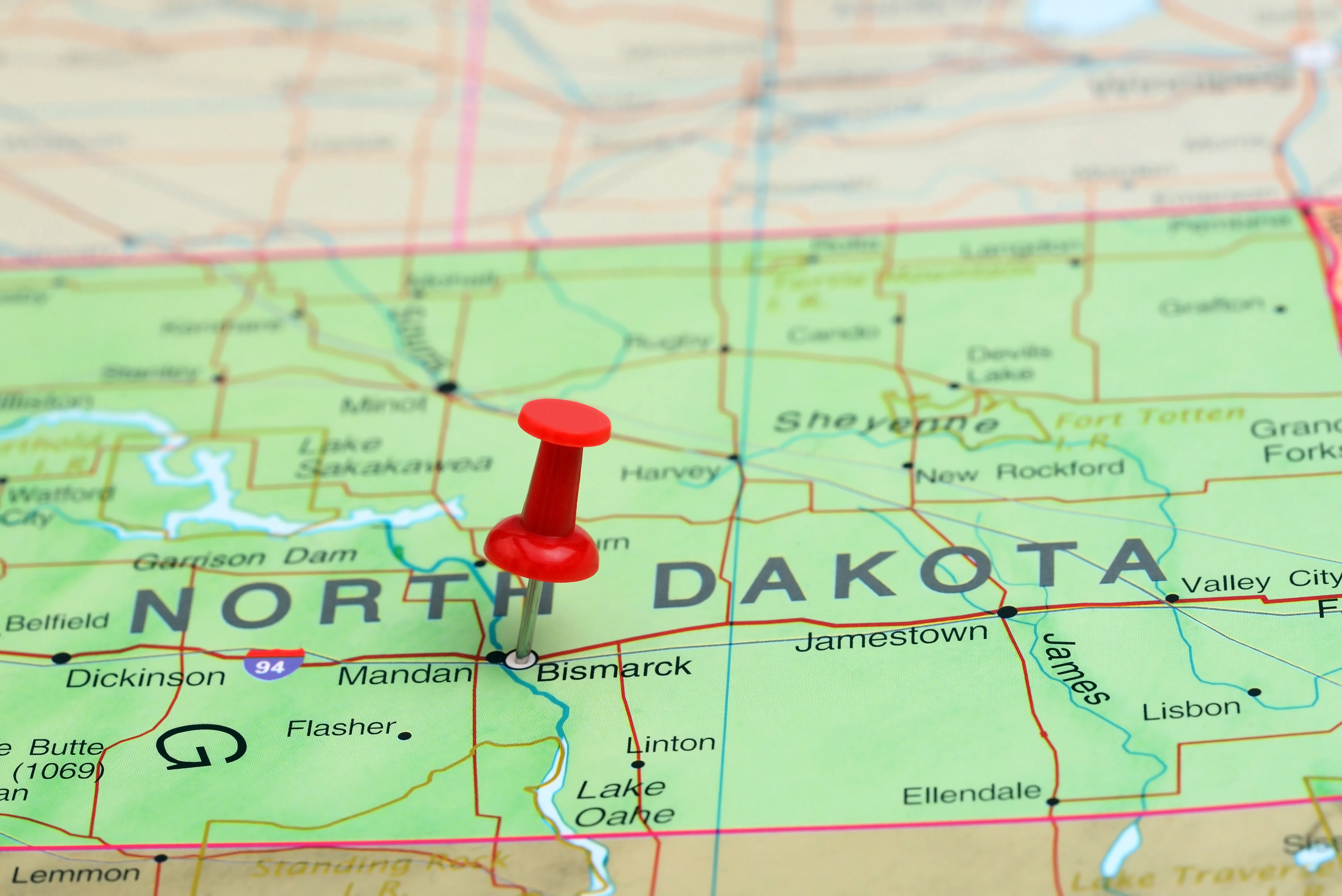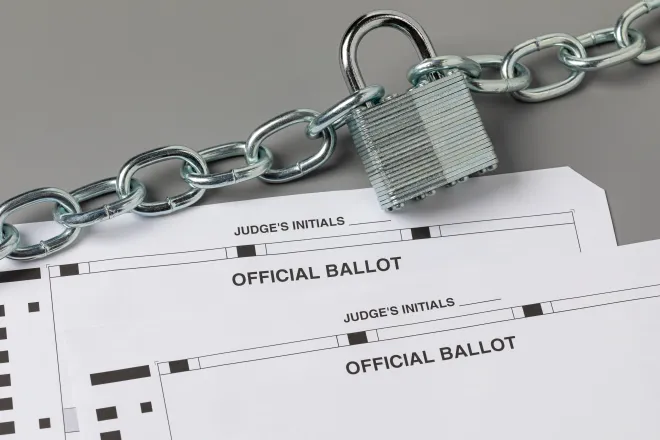
Daily Audio Newscast - July 22, 2024
News from around the nation.
VP Kamala Harris says she plans to 'earn and win' Democratic nomination after Joe Biden drops out and endorses her; New Alabama bill threatens voter rights, legal challenge ensues; Fact-checking GOP claims on immigrants; Water contamination a concern in Midwest flood aftermath.
Transcript
♪♪
The Public News Service DOA newscast, July the 22nd, 2024.
I'm Mike Clifford.
Vice President Kamala Harris said Sunday she intends to earn and win the Democratic presidential nomination, that after President Biden's announcement that he is stepping aside as the party nominee.
That from The Washington Post.
The report, Harris filed in a statement to defeat Donald Trump.
Biden said in a letter to fellow Americans Sunday that it is in the best interest of my party and the country for me to stand down and to focus solely on fulfilling my duties as president.
Meantime, world leaders expressed respect and admiration for Biden on Sunday, and a voting rights group has filed a lawsuit in Alabama to prevent thousands from losing their right to vote.
Campaign Legal Center says Alabama's House Bill 100 could potentially disenfranchise many voters just before the 2024 general election.
This bill aims to expand the list of crimes that result in the loss of voting rights by adding more than 120 felonies to the existing list.
Backers of the bill say it's necessary to protect poll workers.
Blair Bowie, director of Restore Your Vote at Campaign Legal Center, highlights the impact this bill could have on Alabama voters.
People who have been convicted of the crimes that have been recently added to the list, people who have the right to vote now, could actually cast their absentee ballot before the law goes into effect, taking away their voting rights.
She says the problem is this raises concern on if people could face criminal prosecution for illegal registration or voting if they attempt to cast their ballot.
Shantia Hudson reporting.
In Alabama, if you lose your right to vote, you have to go through the state's process of getting a certificate of eligibility to register to vote.
Next, during last week's National Republican Convention, Senator Ted Cruz said Americans are not safe due to immigrants committing violent crimes.
That's just one claim being challenged by leading immigration experts.
Dr. Nancy Foner with CUNY Hunter College says labeling immigrants as criminals is an old but persistent myth.
She points to data showing that the vast majority of immigrants are not violent criminals.
The foreign-born, in fact, are much less likely than the native-born to commit violent crimes.
And, in fact, cities and neighborhoods with greater concentrations of immigrants have much lower crime and violence than comparable non-immigrant neighborhoods.
Immigrants were also blamed for smuggling fentanyl across the 2,000-mile southern border.
But according to the U.S. Department of Homeland Security, 90 percent of the drugs linked to overdose deaths are smuggled by U.S. citizens through legal ports of entry.
I'm Eric Galatas.
Cruz also said that immigrants are being allowed in the U.S. to vote in the upcoming election.
David Becker with the Center for Election Innovation and Research points out non-citizens are not legally allowed to vote in federal elections.
This is Public News Service.
As folks in South Dakota affected by recent record floods take stock of damages, researchers say that water quality is among the major concerns.
The state has been collecting damage data, but some impacts, like water contamination from livestock operations, are harder to quantify.
According to the nonprofit Food and Water Watch, coming into contact with or consuming manure-contaminated water can increase the risks of E. coli, giardia, and other waterborne illnesses, and those can lead to kidney failure, intestinal complications, or cancer.
Amanda Starbuck with Food and Water Watch says public water systems are tested for these contaminants, but private rural wells may not be.
There's a lot of concerns about rural communities and their waters and whether they have the ability, the financial resources to test and to remediate any kind of contamination that do stem from these factory farms.
Huge June rainstorms caused the Big Sioux River to swell up to 45 feet, breaking the previous record by 7 feet, according to NASA, and inundating nearby farmlands.
Starbuck says South Dakota has some of the highest concentrations of confined beef, dairy, and hog operations in the country.
I'm Kathleen Shannon.
Next to Minnesota, where newly released data underscores what housing assistance groups have been preaching.
Minnesota Housing Partnership is out with its latest edition of the State of the State's housing report.
It says statewide, median rent increased by 8 percent in just one year, the largest year-to-year increase in the past decade.
And the group's Ann Mavity points out that 50 percent of renters pay more for their housing than they can afford.
That means in some cases, other basic necessities fall by the wayside.
And trying to maintain that housing means that families are making really hard choices.
Mavity says it'll take a little time for the $2 billion in housing aid approved by state lawmakers last year to help turn things around.
She adds that more solutions are needed.
I'm Mike Moen.
Finally, from Arnatia, Ramlegon, across the state, Ohio's domestic violence programs are improving their services for human trafficking survivors.
A $1.8 million grant from the Ohio Department of Public Safety will help 32 shelters provide human trafficking training and expand case managers to better serve the needs of individuals who may not realize what's happened to them, says Deputy Director of the Ohio Domestic Violence Network Shelly Marsh.
A lot of human trafficking survivors either may not know or understand that they've been trafficked and/or don't maybe have the language to explain.
A study by the Polaris Project of 457 trafficking survivors found 37 percent were trafficked by a close family member or guardian.
This is Mike Clifford, and thank you for starting your week with "Public News Service."
Member and listeners supported.
Hear us on great radio stations, your favorite podcast platform.
Find our content and trust indicators at publicnewsservice.org.

















